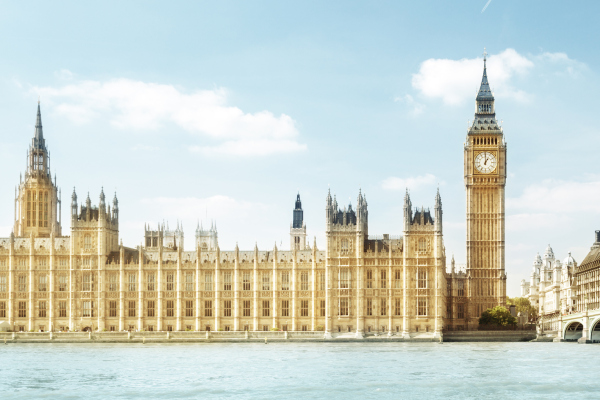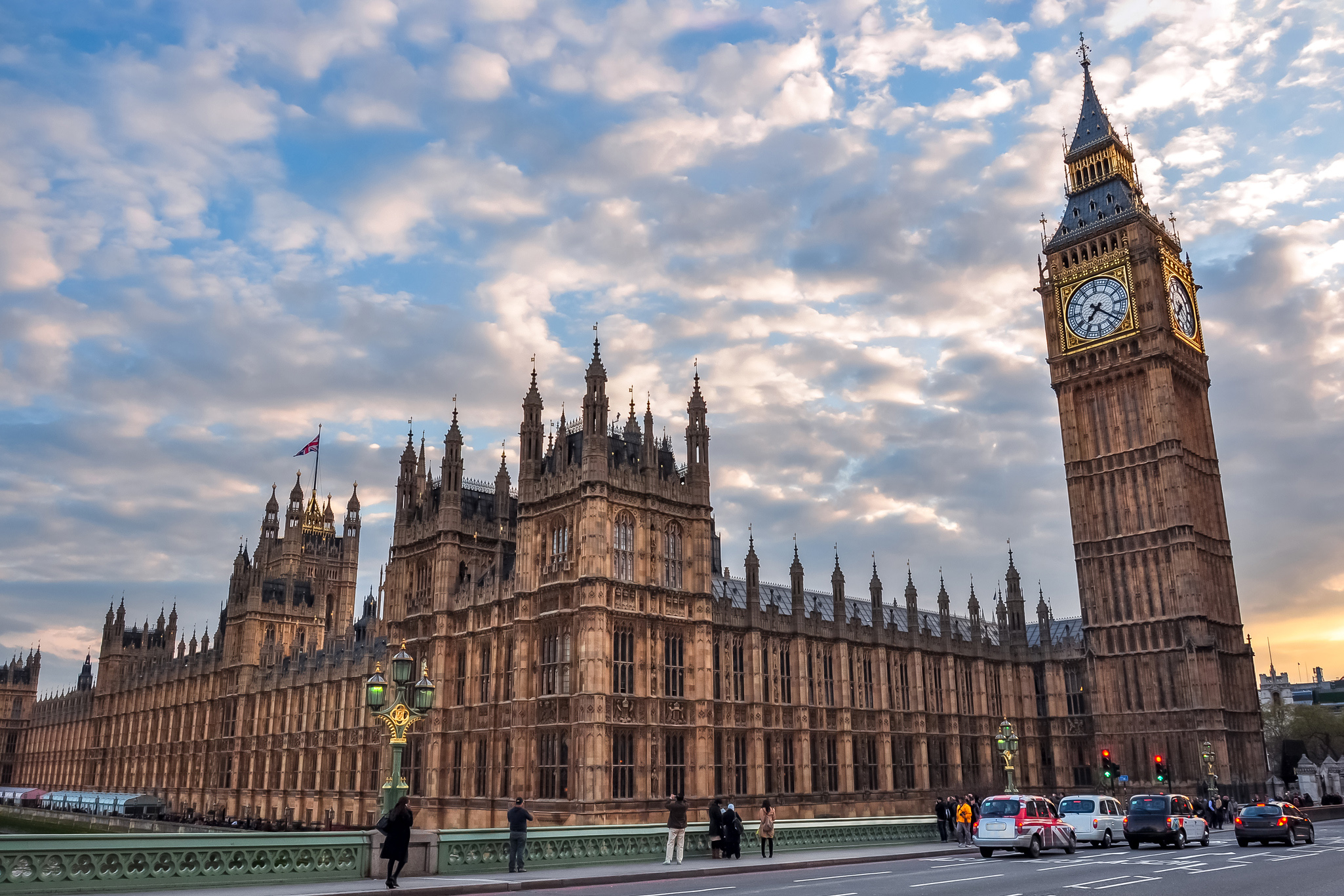We need to increase people’s choice in what type of therapy they can access beyond cognitive behavioural therapy (CBT), as well as improve and increase current mental health provision by using the large number of trained, counsellors and psychotherapists available.
These are two of the recommendations we’ve included in our response to the Labour-led mental health review.
Labour's key objectives
The review, led by our Vice President, Luciana Berger, on behalf of the Labour Party, is looking at how government departments can help with one of its key objectives to prevent mental health issues. As many of the issues covered are devolved, much of the focus of the review is on policies for England.
This includes Labour’s plan to recruit 8,500 more mental health professionals, provide mental health support in every school and put mental health hubs into every community; and reverse the rising trends of lives lost to suicide.
Consultation with our members
In February more than 1,400 of our members in England, responded to our consultation on the review, adding their voice and experience to our own analysis of the current challenges and opportunities. As well as informing our own response to the review, we’ve shared these responses with Luciana and her team.
A selection of our organisational members, and individual members with expertise in the areas under review, were also invited to a roundtable event last week with Luciana to discuss how and why counselling, psychotherapy and therapeutic coaching need to be central in a successful mental health strategy.
Our recommendations
Our recommendations include:
• Labour must make a firm commitment to use the existing trained, yet underutilised, mental health counselling and psychotherapy workforce rather than creating new roles.
• Counsellors and psychotherapists must be clearly identified within the workforce to deliver Labour’s policy commitments for mental health professionals in every school and the proposed early support hubs for children and young people in every community.
• Salary levels must adequately reflect these specialist roles in schools and on-costs, (including supervision) must be included within Labour’s offer.
• The range of accessible evidence-based interventions available must be extended beyond the current narrow offer in NHS Talking Therapies, and its focus on CBT.
• The pay inequity with counselling and psychotherapy in the NHS must be urgently addressed.
• Third sector providers must be better recognised valued as part of the mental health landscape and given sustainable funding, nationally and through local ICS/ICB provision.
Our Four Nations Lead Steve Mulligan said:
“We’re hugely grateful to our members for their contributions which have strengthened our response to Labour’s mental health review.
“Key recurring issues highlighted a shared frustration that, despite providing evidence they have capacity, there remains a lack of paid opportunities for our members to work in statutory health and education services. They also highlighted the need to tackle the prejudice that many face when they secure public sector roles, ensuring greater parity of esteem with other professions.
“We reflected these issues in our response that calls on Labour to better use the talents and expertise of our members in the public, private and third sectors, within their plans to expand mental health provision.
“While this review will help inform Labour's policies in advance of the general election, we’re keen that all political parties recognise the untapped potential of the counselling and psychotherapy workforce.
“To this end we’re intensifying our political engagement with all political parties and we’ve recently met with the Liberal Democrats and the Green Party. We’ll use the responses from this consultation to inform that important work too”.
Luciana will present her recommendations to Labour before the general election.

Spring Budget ‘another lost opportunity to invest in nation’s mental health’
Our response to Spring Budget

Labour launches Child Health Action Plan
We welcome plans to improve UK children’s health and wellbeing

'Disappointing disregard for nation’s mental health’
Our response to Labour downgrading shadow mental health minister role
